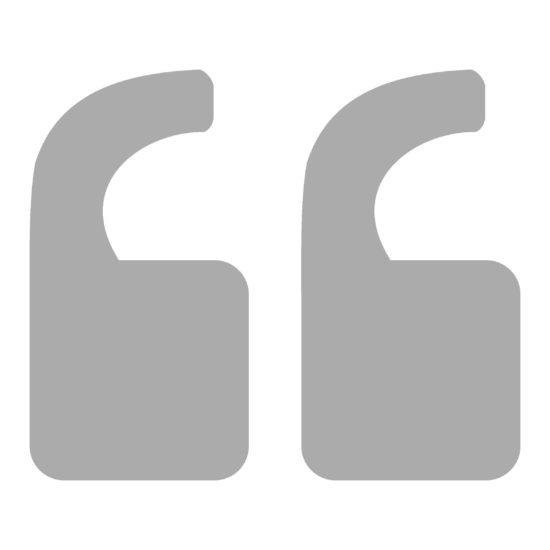Digital Literacy Assessment
Project Description Heading link
We live in a knowledge society in which multiple sources of information from a variety of media forms are ubiquitous. As stated by Hartman and colleagues:

Reading and writing in the next millennium will increasingly demand the relating and re-relating of information across multiple texts and learning situations. It will be a time where…readers spend their days waist high in works that can be traversed in one direction, and then in another and still another.
| & Hartman, 2000, p. 281
DLA Heading link
Increases in the availability of, and access to, different kinds of information resources means that emphasis must be placed on a broader array of literacy skills and competencies, specifically those associated with locating, synthesizing, integrating, and evaluating the quality of information (Hartman, 1993; Orr, 1986). These literacy skills enable critical analysis of information and constitute the cognitive activities of critical reading. They make it possible for individuals to take a critical stance toward information they encounter (Goldman & Bisanz, 2002; VanSledright, 2002a, b). They make clear that reading comprehension is an explicitly intertextual practice in that understanding a set of texts or sources means understanding the relations across texts at basic meaning and advanced interpretive levels (Bloome & Goldman, 2002; Orr, 1986).
The focus of this project is to develop a more in-depth theory of multiple text comprehension, especially as it applies to upper elementary classrooms servicing students from diverse demographic backgrounds and reading achievement levels. Upper elementary grades are where reading fluency is being achieved and comprehension of informational texts for content learning rapidly increases in importance. In this project, we specifically target the domains of science and social studies where multiple text resources are frequently used for both information look-up (close-ended questions) and more extended inquiry projects (open-ended questions). Our goal is the development of an assessment system that is sensitive to the skills required for the successful comprehension of multiple text sources, identifies areas of struggle for individual readers, and provides information that is instructionally useful for teachers.